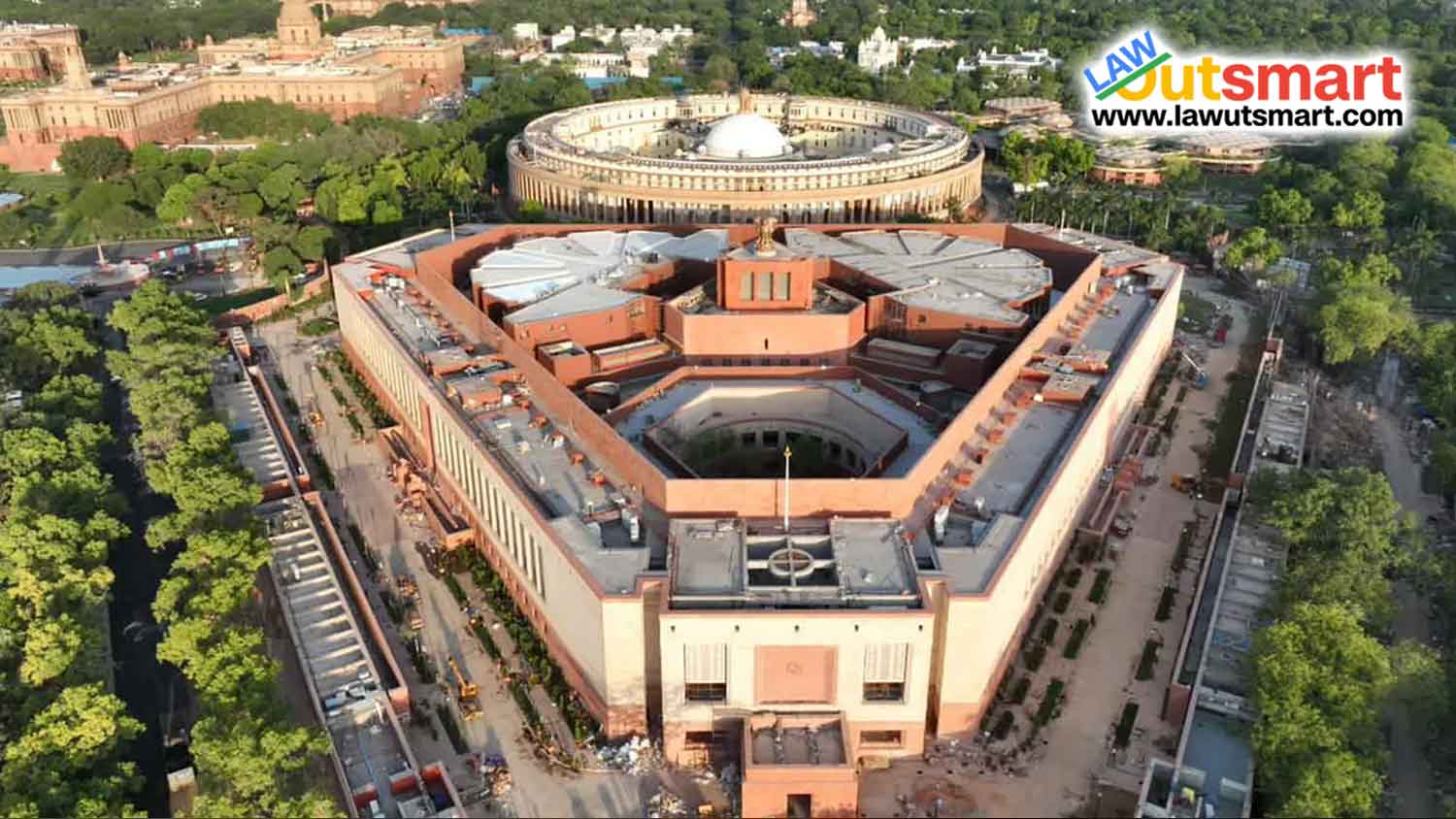The Parliament of India, a symbol of the country’s vibrant democracy, comprises two houses: the Lok Sabha (House of the People) and the Rajya Sabha (Council of States). This essay delves into the role, composition, functions, and significance of the Rajya Sabha in the context of the Indian Parliament.
Composition of Rajya Sabha
The Rajya Sabha is the upper house of the Indian Parliament and represents the states and union territories. Unlike the Lok Sabha, whose members are directly elected by the people, the Rajya Sabha members are chosen by the elected members of the State Legislative Assemblies and Union Territory Legislatures. Each state and union territory has a fixed number of seats in the Rajya Sabha, allocated based on their population.
Role and Functions of Rajya Sabha
- Review and Revision: One of the primary functions of the Rajya Sabha is to review and revise legislation initiated in the Lok Sabha. Bills passed by the Lok Sabha must be approved by the Rajya Sabha before becoming law. This ensures a comprehensive and thorough examination of proposed laws.
- Representation of States: The Rajya Sabha provides a platform for states and union territories to have their voices heard at the national level. It allows for the representation of diverse regional interests, fostering federalism and ensuring that states’ concerns are considered in the legislative process.
- Expertise and Experience: The Rajya Sabha often includes members with significant expertise and experience in various fields, such as academics, business, and arts. This diversity enriches debates and discussions on crucial issues.
- Stability and Continuity: Unlike the Lok Sabha, which can be dissolved before its full term, the Rajya Sabha provides continuity in the legislative process. Its members serve fixed terms, ensuring a stable and experienced body for policymaking.
- Checks and Balances: The Rajya Sabha acts as a check on the government’s power, ensuring that decisions are made after careful consideration and debate. It can delay legislation, providing a forum for alternative viewpoints.
Significance of Rajya Sabha
The Rajya Sabha holds immense significance in the Indian Parliament and the country’s democratic framework. It acts as a counterbalance to the Lok Sabha, fostering a thorough and deliberative legislative process. Its representation of states and union territories ensures that India’s federal structure is upheld, and regional diversity is respected in national policymaking.
In conclusion, the Rajya Sabha is an integral part of India’s democratic system, playing a vital role in shaping the nation’s laws, policies, and governance. Its composition, functions, and significance underscore its importance as a cornerstone of India’s parliamentary democracy, reflecting the principles of federalism, representation, and checks and balances in the Indian political landscape.

